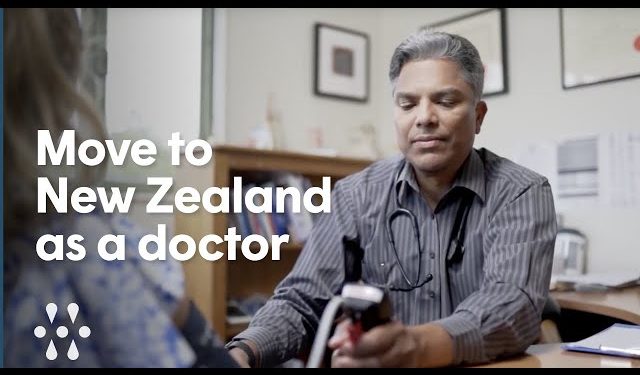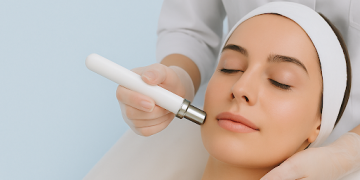Understanding the Medical Registration Process
Assessing Your Eligibility
The first step for any medical doctor considering a move to New Zealand is to determine eligibility for registration with the Medical Council of New Zealand (MCNZ). The MCNZ requires international medical graduates (IMGs) to have a recognized medical qualification and relevant clinical experience. You can use the MCNZ’s online tools to check if your qualifications are acceptable.
Application for Registration
Once eligibility is confirmed, the next step is to apply for registration. The MCNZ offers several pathways for registration depending on your qualifications and experience. The most common pathways include:
- Competent Authority Pathway: For doctors who have completed their training in countries like Australia, the UK, Canada, and the USA.
- Provisional General Registration: For doctors with a degree from a recognized institution and relevant clinical experience but not from a Competent Authority country.
- Special Purpose Registration: For doctors looking to work in specific roles, such as teaching or research.
Each pathway has its own requirements, so it’s essential to carefully review the MCNZ guidelines and prepare the necessary documentation.
Navigating Visa and Immigration Requirements
Securing a Job Offer
A crucial part of the NZ immigration process for medical doctors is securing a job offer from a New Zealand employer. Most doctors will need an offer of employment before they can apply for a visa. Job opportunities can be found through various job portals, recruitment agencies, and directly through New Zealand District Health Boards (DHBs).
Applying for a Work Visa
With a job offer in hand, you can apply for a work visa. The most common visa categories for doctors include:
- Essential Skills Work Visa: For positions listed on New Zealand’s skill shortage lists.
- Long Term Skill Shortage List Work Visa: For roles that are in sustained demand in New Zealand.
Ensure that you have all necessary documentation, including proof of qualifications, registration with the MCNZ, and evidence of your job offer.
Preparing for the Move
Understanding the Healthcare System
Familiarize yourself with the New Zealand healthcare system, which is a mix of public and private services. Understanding the structure and function of DHBs, as well as the role of general practitioners and specialists, will help you integrate more smoothly into your new workplace.
Cultural Competency
New Zealand has a diverse population with a significant Māori and Pacific Islander presence. Gaining an understanding of Māori health perspectives and the Treaty of Waitangi principles is crucial for providing culturally competent care. Many DHBs offer orientation programs that include cultural competency training.
Financial and Logistical Preparation
Ensure you have adequate financial resources to cover the initial costs of relocation, including housing, transportation, and daily expenses. It’s also advisable to set up a New Zealand bank account and understand the local tax system.
Settling into Your New Life
Finding Accommodation
Housing in New Zealand varies from urban apartments to rural homes. It’s advisable to secure temporary accommodation initially and then look for long-term options once you are settled. Websites like Trade Me Property and local real estate agents can be helpful resources.
Community and Networking
Joining professional organizations such as the New Zealand Medical Association (NZMA) can provide networking opportunities and professional support. Engaging with local communities, both professionally and socially, will help you build a support network and ease the transition.
Ongoing Professional Development
New Zealand places a strong emphasis on continuous professional development (CPD). Ensure that you engage in ongoing learning and maintain your registration requirements through regular CPD activities. The MCNZ provides guidelines on CPD, and many employers offer support for ongoing education.
Conclusion
NZ immigration medical doctors involves navigating a series of regulatory, logistical, and cultural challenges. By understanding the registration and visa requirements, preparing adequately for the move, and actively engaging with the healthcare system and community, you can ensure a smooth and successful transition. New Zealand offers a rewarding environment for medical professionals, with its supportive healthcare infrastructure and stunning natural beauty, making it an excellent choice for your next career move.








